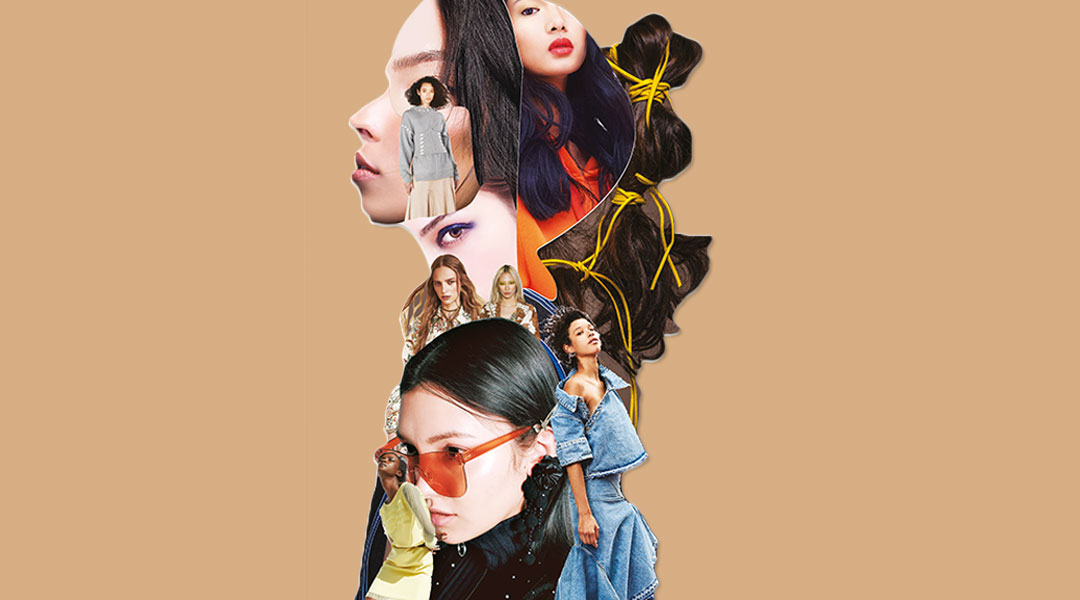Is the industry finally embracing diversity?
In this day and age, “foundation that looks like skin” and the “no-makeup makeup look” reign supreme in the online world, with millennial It brands such as Glossier and Milk leading the pack by endorsing more “real” beauty looks. Finding the perfect skin-like foundation or concealer shade has clearly become a priority for many. However, it’s easy to come across a brand that only offers a 10-shade foundation range, not taking into account everyone’s unique skin tone variations. Luckily for someone like me, my skin color lies in the in-between spectrum so it hasn’t been much of a problem. But come to think of it, what would it be like if I couldn’t find any available foundation shade that perfectly matches my skin?
Just recently, Rihanna released her first Fenty Beauty line that broke the Internet for all the right reasons. Apart from being a label created by the beauty maven herself, it stirred a buzz online for its diverse shade options, as it is essentially an ode to and a celebration of inclusivity. The range in this line offers 40 different shades of foundation and 10 shades of highlighter, offering buyers more options.
“There’s so many different shades; you want people to appreciate the product and not feel like ‘Oh, that’s cute but it only looks good on her,’” says Rihanna during the makeup launch. It seems as if the singer took note of the cries of women of color online, as she adds in an Instagram post, “Gotta represent for my girls and we come in all shades! Especially my brown sisters…been left out too many times in the makeup world!”
Joining the movement, makeup brand Cover FX released a campaign called #NudeIsNotBeige, which coincides with its new online shade-matcher—a system that analyzes the shopper’s unique complexions to help them find the perfect foundation shade. But despite the progress, many other brands remained exclusive. Kim Kardashian’s KKW Beauty, for instance, faced negative online reviews for missing out on being diverse, with the brand’s “darkest” shade suggesting that it is for someone who has tan skin. Another high-end luxury brand also caused quite the stir as it released a range of foundations in numerous fair shades, but only offered two deep shades. Clearly, we’ve come a long way, but there’s still much further to go.
Social media has been changing the conversation around beauty and makeup, with every tweet and every Instagram post are now being taken into consideration. And as beauty girls become more vocal with what they want online, hopefully more brands hop onto the cultural shift as we close the gap between what’s currently available and what’s truly needed.










